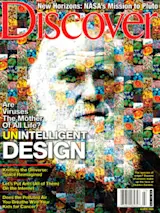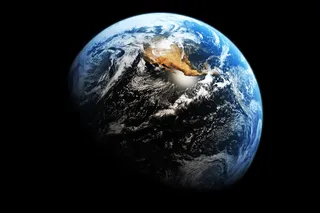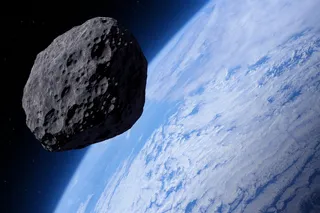As you read this, physicists around the world are slamming millions of subatomic particles together at nearly the speed of light, creating conditions that mimic the universe shortly after the Big Bang. Physicists who assessed these experiments repeatedly concluded that the risk of an accident is extremely low. Max Tegmark of MIT and Nick Bostrom of Oxford University in England weren't convinced, so they decided to calculate the odds.
There are three ways that a particle accelerator could hypothetically end our world. It could spawn a planet-swallowing black hole; it could create strangelets, weird matter that alters all matter around it; or it could rip apart the structure of space and change the laws of physics. Researchers concluded that cosmic rays—natural high-energy particles—are much more likely to cause such disasters than a particle experiment is.
Because the world has not yet been destroyed, they surmised, we should be safe.Tegmark and Bostrom argue that such reasoning overlooks a powerful selection effect: If a catastrophe had occurred, we would not be here to observe that it had happened, so our existence makes us biased observers. To correct for this factor, the scientists calculated the probability of catastrophe for any planet that can support life. Tegmark and Bostrom figure that, at most, one habitable planet is destroyed every billion years by natural causes; the accelerator risk, they say, is a thousand times smaller still. "My impression is that the fabric of space and time is quite robust," Tegmark says. "We humans aren't going to be able to mess it up."














